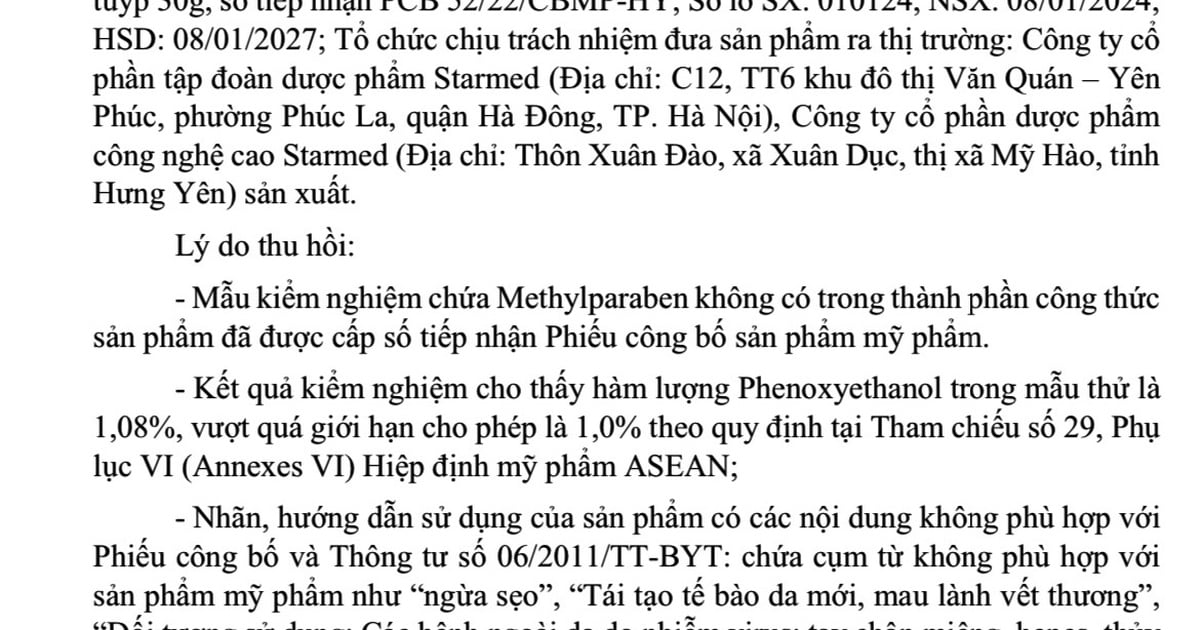
Consumers look up information about beauty products at a cosmetics store in South Korea - Photo: REUTERS
In recent years, the word "natural" has become increasingly common on beauty product labels - from cleansers to lotions to shampoos.
With a friendly image and the promise of being "gentle" and "safe for the skin", many consumers are willing to spend large sums of money to choose products labeled "natural".
However, according to dermatologist Rosalind Simpson - associate professor at the University of Nottingham (UK), the phrase "natural" is not always synonymous with "good for the skin".
“This has become a familiar marketing keyword, leading many people to mistakenly believe that all natural products are safe. But that is not entirely accurate,” she emphasized.
In fact, many products advertised as "natural" are not made entirely from natural ingredients.
A preliminary survey of 100 skincare products sold on Amazon found that only 42% had all-natural ingredients, while the rest contained at least two synthetic ingredients.
In particular, although derived from natural sources, some ingredients can still cause allergies or irritation to sensitive skin.
According to Dr. Rosalind Simpson, substances such as tea tree oil, cinnamon, peppermint, linalool (a compound often found in fragrances) and lanolin (derived from sheep fat) - are all common agents that cause skin reactions in some people.
Likewise, some synthetic ingredients (like dyes and fragrances) can also cause irritation—but not all of them are bad. Many synthetic compounds are developed with the goal of being gentle, reducing the risk of allergic reactions, and being suitable for sensitive skin.
"Not all natural products are good, and not all synthetic ingredients are bad," Dr. Simpson stresses. "The most important thing is to understand what works for your skin—and that doesn't always match the hype."
If you have sensitive skin, Dr. Simpson's advice is to choose products with as short an ingredient list as possible.
Also, if you suspect your skin is irritated by a product (even if you have been using it for months), stop using it to check for a reaction.
Source: https://tuoitre.vn/my-pham-tu-nhien-co-thuc-su-diu-nhe-va-an-toan-hon-cho-lan-da-20250811174523231.htm






![[Photo] General Secretary To Lam attends the 80th Anniversary of the Cultural Sector's Traditional Day](https://vstatic.vietnam.vn/vietnam/resource/IMAGE/2025/8/23/7a88e6b58502490aa153adf8f0eec2b2)
































































































Comment (0)